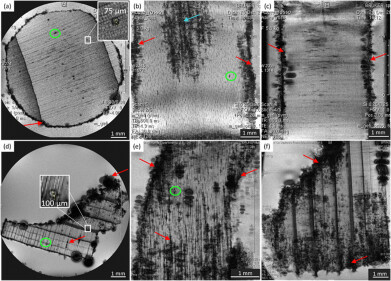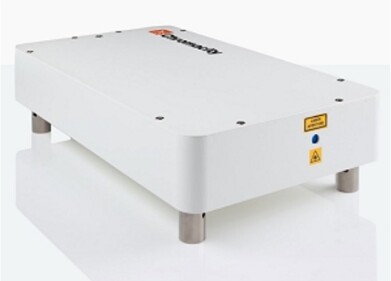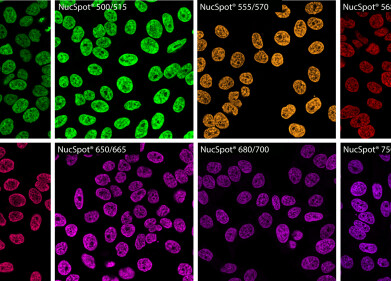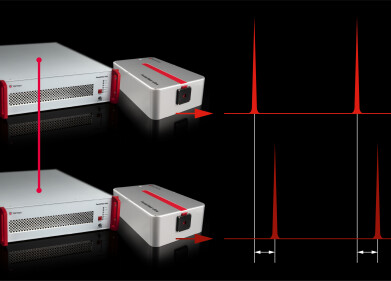Microscopy & Microtechniques
Space superbugs may offer energy solution
Feb 22 2012
Researchers at Newcastle University in the UK have identified bacteria usually found 30 km above the earth as being efficient generators of electricity.
Bacillus stratosphericus is a microbe commonly found in high concentrations in the stratosphere, and is the main component of a recently created 'super' biofilm that has been engineered by the scientists.
By isolating 75 different species of bacteria from the Wear Estuary in North East England, the power-generation of each on was tested using a Microbial Fuel Cell (MFC). The best species of bacteria were then selected to create an artificial biofilm, which doubled the output of the MFC from 105 Watts per cubic metre to 200 Watts per cubic metre.
Although this is a low amount, it could help run essential items such as light bulbs for free.
Grant Burgess, Professor of Marine Biotechnology at Newcastle University, said: “This is the first time individual microbes have been studied and selected in this way. Finding B.altitudinis was quite a surprise but what it demonstrates is the potential of this technique for the future – there are billions of microbes out there with the potential to generate power.”
Posted by Ben Evans
Digital Edition
Lab Asia 31.6 Dec 2024
December 2024
Chromatography Articles - Sustainable chromatography: Embracing software for greener methods Mass Spectrometry & Spectroscopy Articles - Solving industry challenges for phosphorus containi...
View all digital editions
Events
Jan 22 2025 Tokyo, Japan
Jan 22 2025 Birmingham, UK
Jan 25 2025 San Diego, CA, USA
Jan 27 2025 Dubai, UAE
Jan 29 2025 Tokyo, Japan



















